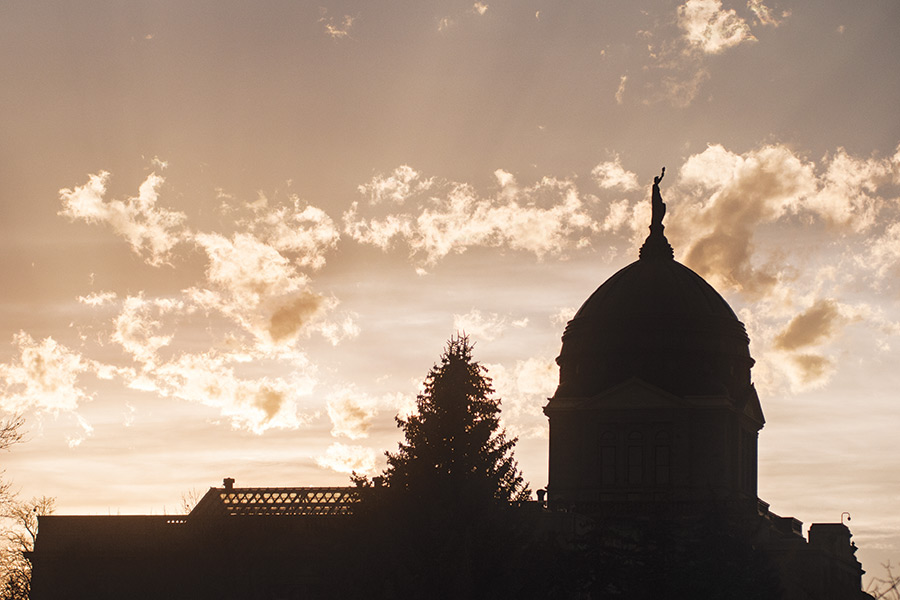HELENA — The Montana House will get one last shot at passing an $80 million infrastructure package Friday, with the Senate promising to adjourn the legislative session that afternoon with or without a bill.
Gov. Steve Bullock, lawmakers and lobbyists have been scrambling to secure the votes needed for passage since Thursday, when the House rejected for a fourth time a package that would pay for a slate of public works and building projects by issuing bonds.
They have been targeting about a dozen lawmakers, not only those who voted against the bill, but to keep others who supported the measure from wavering, said Darryl James, executive director of the Infrastructure Coalition, a nonprofit group that advocates for public works projects.
“You sense a lot of frustration — they come off the (House) floor ready to give up,” James said. “But when they sit down and talk about what it really means, they really want to see something done. They know that’s real money for their communities.”
Some conservative representatives reject outright the idea of putting the state into debt for 20 years to pay for any type of infrastructure. Others are fine with using bonds to pay for water, sewer and road projects, but draw the line at using debt to construct buildings they call pork projects.
The building projects include $22 million in renovations for Montana State University’s Romney Hall, $10 million for a new veterans’ home in Butte, $5.4 million for a dental hygiene building at the Great Falls College of Technology and $5 million for a technology building addition at Montana State University-Billings.
Republican House leaders tried to wrest concessions from Bullock in exchange for passing the bonding bill, such as guarantees that he wouldn’t veto anti-abortion legislation or a charter school bill. But House Speaker Austin Knudsen, R-Culbertson, said he had reached an impasse with the Democratic governor.
“There have been no more negotiations with me,” Knudsen said after Thursday morning’s vote. “I’m hearing there have been offers made to other members to purchase votes — nothing that I can confirm, but those things are happening.”
Thursday’s vote fell just two shy of the two-thirds supermajority needed to pass the bill.
Also pending is another infrastructure bill that would lend regional water authorities in rural parts of the state money for their water projects. That bill requires approval of 75 of the 100 representatives, meaning it will take help from the minority Democratic party to pass both that bill and the bonding bill.
The Senate, which last month approved a $98 million version of the bonding bill before the House, would have to agree with the House’s changes if the measure is approved. The Senate also would have to vote on the water project bill.
The Senate tried and failed to bring the House back for another vote Thursday. But Senate Majority Leader Fred Thomas, R-Stevensville, and Senate Minority Leader Jon Sesso, D-Butte, agreed to adjourn the session with or without a deal by Friday afternoon.
“We don’t want to prolong the process beyond what is reasonable,” Sesso said.
